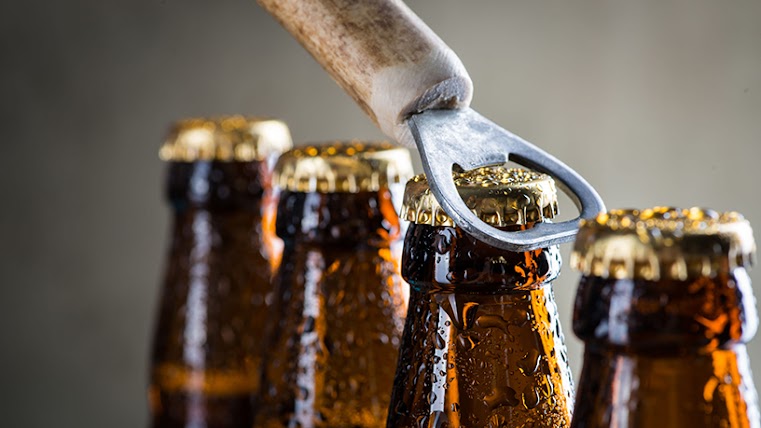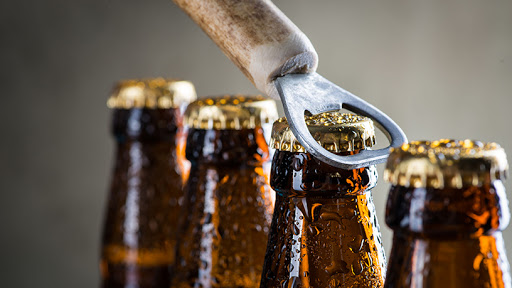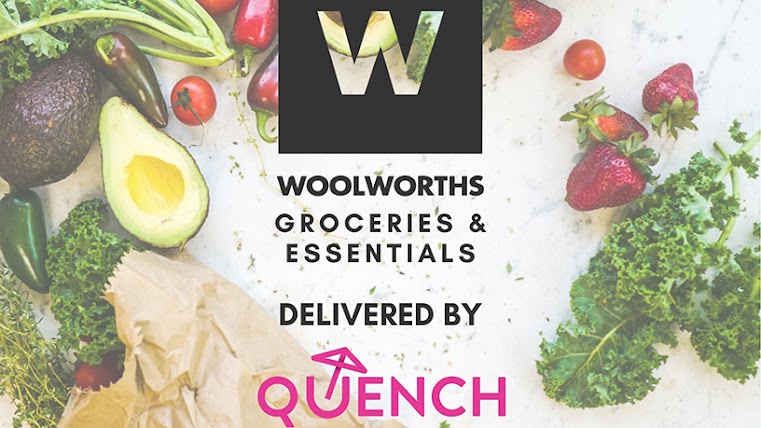Online delivery services stuck with tons of undelivered booze


SA’s online alcohol order and delivery services have expressed disappointment at the reinstatement of the alcohol ban, saying it has resulted in a huge knock-on effect on their business, with interrupted supply chains and non-deliveries.
This after president Cyril Ramaphosa on Sunday announced an immediate ban on the sale and distribution of alcohol, a move that has stirred much public debate and seen the country divided.
The return of the alcohol ban is part of government’s efforts to reduce pressure on hospitals, as SA records the fourth-largest daily increase in new coronavirus (COVID-19) infections worldwide.
See also
The deadly virus has so far infected over 311 000 South Africans and claimed the lives of 4 453 people, with more than 160 000 recoveries.
Local online alcohol order and delivery services Quench, WhiskyBrother and OneDayOnly say the ban is a huge blow to their business as they hold onto a large number of orders, which will only be delivered after the ban is lifted.
Liam McCreedy, co-founder and MD of Quench, says: “This decision is extremely bad for business. We are especially worried and deeply concerned for our wine partners
and the livelihoods of their businesses and their staff. We had a large number of pending orders over the weekend, so we have notified all of those with pending orders that they will be picked and executed as soon as the ban is lifted.”Quench has a partnership with Woolworths for the delivery of groceries and recently established a new restaurant delivery service, Quench Munch, which at least leaves the business in a good position to still trade competitively, notes McCreedy.
“However, with 35% of our business revenues coming from alcohol, the end-consumer was very much dependent on ordering alcohol from Quench, so the ban will definitely leave that silo floating in murky water.”
WhiskyBrother, which runs a whisky bar and South Africa’s only dedicated online whisky store, says having been through this already only six weeks ago when the first ban was introduced, business owners should have been given sufficient notice.
“The reinstatement, particularly without any notice, deals a massive blow to our business,” says Marc Pendlebury, co-owner and founder of WhiskyBrother.
“Literally, overnight, we had to secure and close our premises (again), inform and organise staff to stay home, suspend planned product releases and marketing activity, and deal with the impact of not being able to service our customers and generate any income. And this is at a time when, as a business, we had finally returned to stride after the last lockdown.”
The ban severely interrupts the supply chain and as much as the ability to resume business will present opportunities, reopening after a full industry-wide ban is not easy and requires additional resources at a time when cash is at its lowest, notes Pendlebury.
“We will immediately begin delivering and couriering all outstanding online orders as soon as the ban is lifted. There will be a backlog of orders to process upon re-opening, that are already delayed, while at the same time we know that after lockdown there is a spike in online sales, which further adds to the volumes and delays in processing,” he adds.
Online sales of alcohol and wine sky-rocketed in June after government unbanned the sale of alcohol, allowing liquor stores to sell alcohol on specified days and for limited hours.
Matthew Leighton, spokesperson for OneDayOnly.co.za, says all alcohol orders that were scheduled for delivery on Monday were recalled and the e-commerce site is in the process of receiving orders, which had already been sent out, back from couriers.
“We will then safeguard these orders until such time as we are able to dispatch. Regarding stock we were waiting to receive from suppliers, these have been put on hold, meaning their suppliers will not deliver until regulations allow.”
When asked what OneDayOnly.co.za would recommend in terms of a viable process for the industry, Leighton pointed out: “First prize would be the ability to continue to sell with deferred delivery, as this will enable us to help support those wine farms and other outlets that will desperately need the economic support. This was our sales structure during levels four and five of lockdown and, given the challenging situation, worked well.”
BOTTLES, which has a partnership with Pick n Pay, says while the app only takes orders for delivery on the same day, the ban was a big disappointment.
“We do not hold stock, as we partner
with Pick n Pay to fulfil our orders. However, with alcohol sales contributing a significant part of the overall business, the ban will have an impact on our ability to provide work to our delivery partners,” says Enrico Ferigolli, co-founder and co-CEO of BOTTLES.



